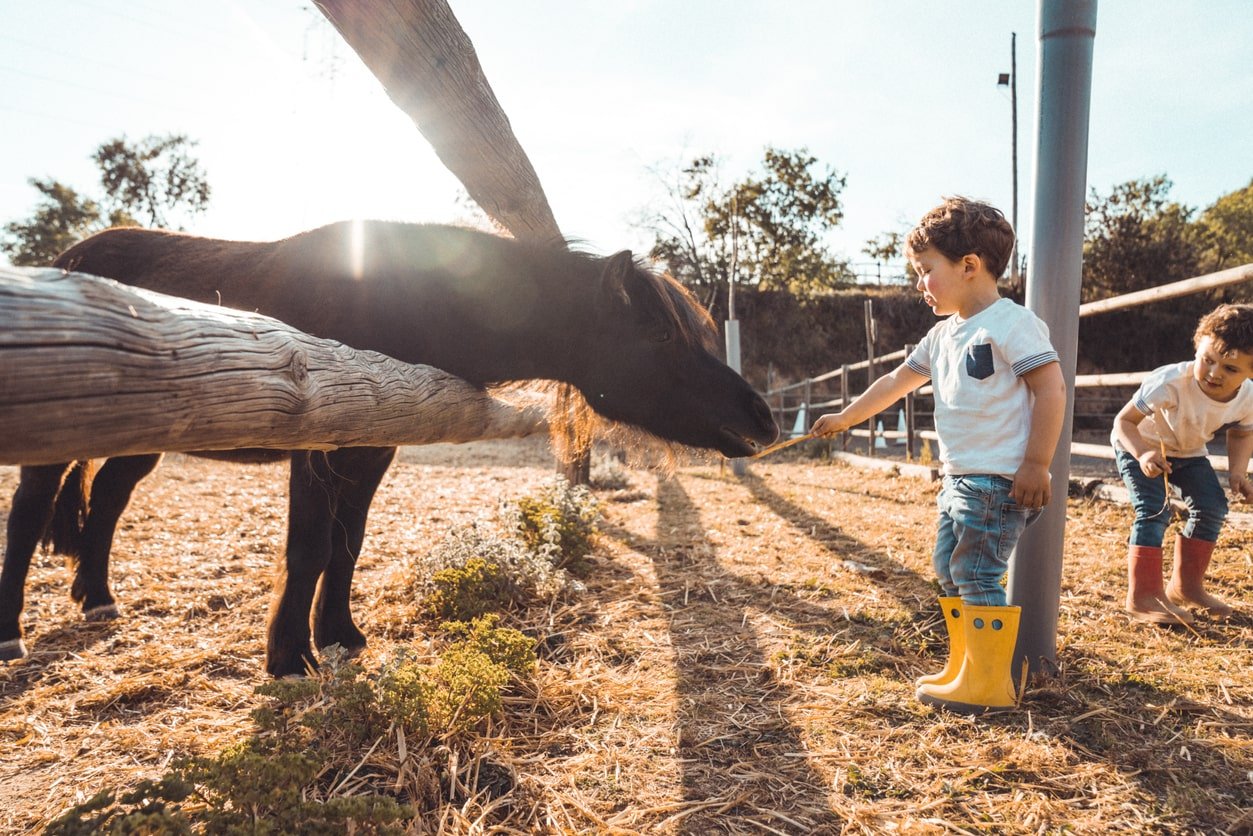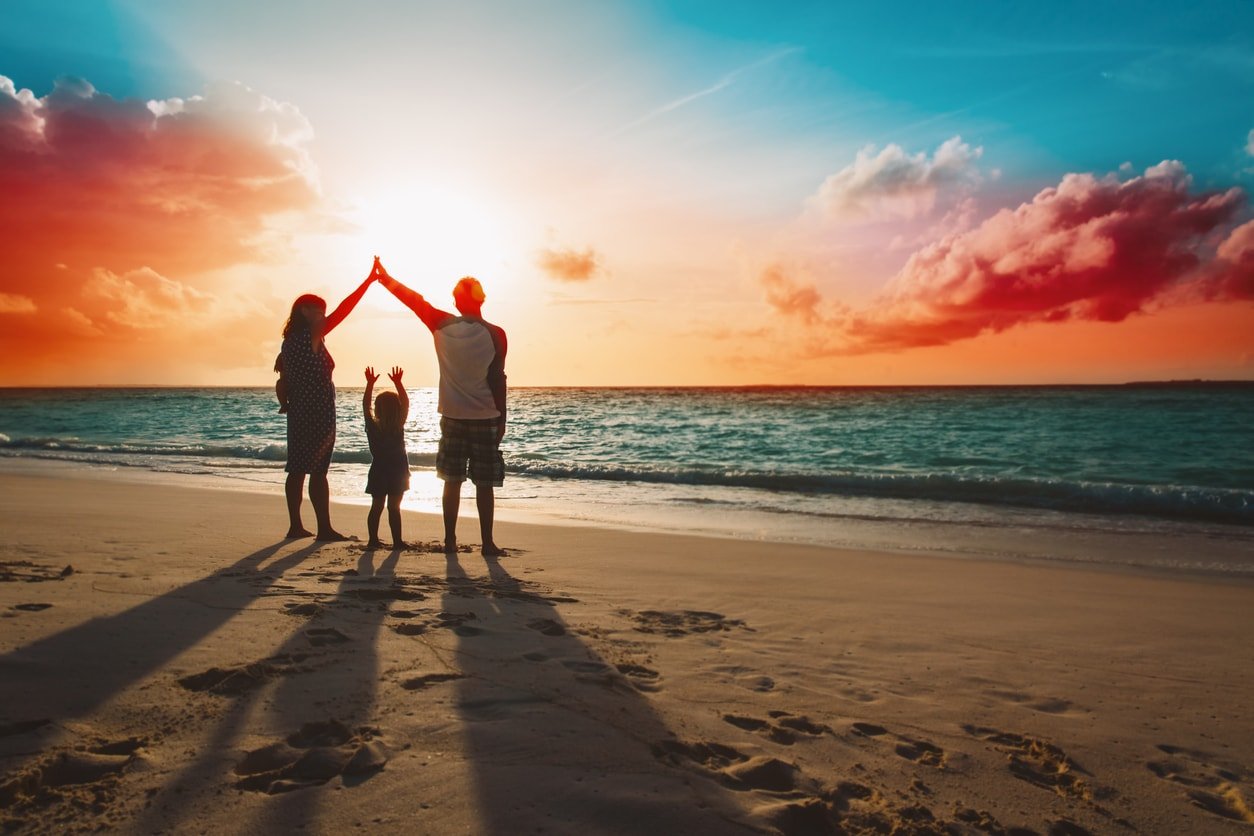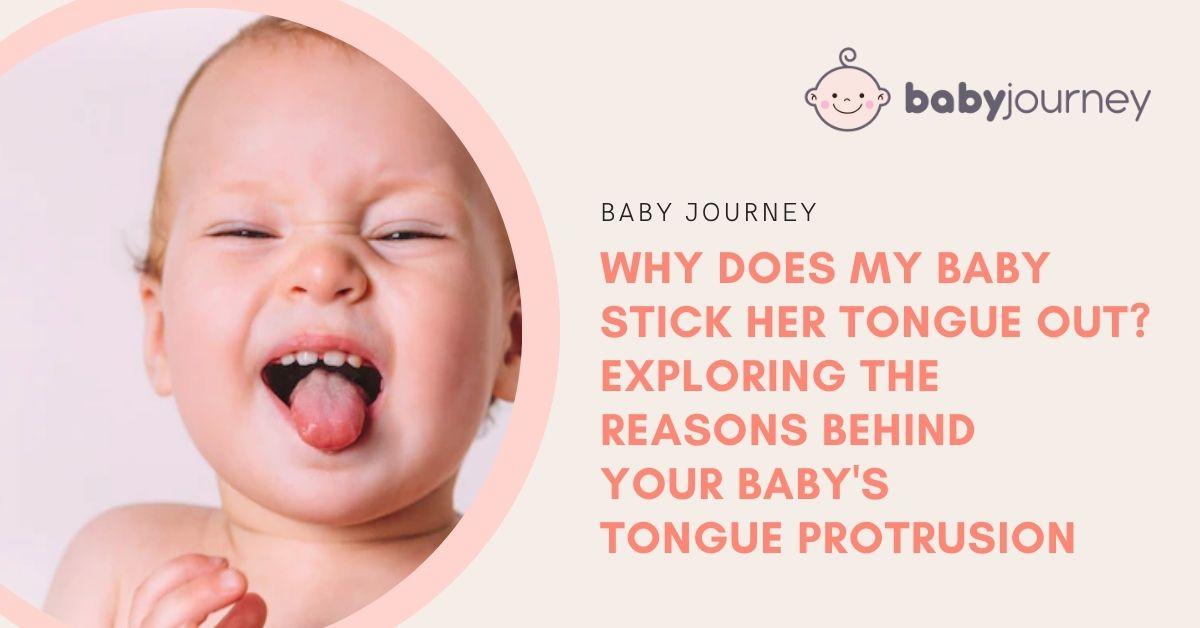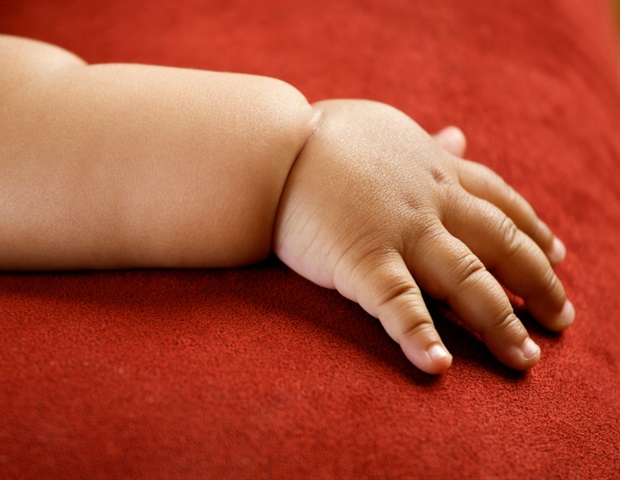Summertime means travel for most families, thanks to the prolonged break from school and sports obligations. But can some kiddos be too young to experience those grand trips parents are planning and saving for? One writer asked this question when he realized his 4-year-old traveling companion might not remember their family vacation. This prompted him to ask the pros what they thought.
According to the experts, there’s a good reason children don’t necessarily remember the details from their toddler vacations. However, they’ve offered up some tips for how you can change that.
Children Don’t Create Accessible Memories Until Age 4

Science seems to tiptoe around the exact age children begin creating those formative memories. But the consensus is that it doesn’t start before age 4.
“Since there’s a large range for when long-term memories begin and persist, it’s hard to say definitively when the right time is for a bucket-list trip for any given family,” Rebecca Weksner told The Washington Post. She is a psychologist in Massachusetts specializing in pediatrics and the mother of three young children. “One child may recall it since the emotional experience may have been so strong as to create a lasting memory trace, while for another it may not,” she explained.
Some Things Can Make Memories More Likely To Stick

You can do a few things to make your big-ticket vacation more memorable for your child, according to Ryan Sultan, who also spoke with the Post. He’s an assistant professor of clinical psychiatry at Columbia University.
“To make experiences more memorable, consider activities that cater to their interests,” he says. He notes that trips where they participate in activities and experience sensory stimulation can leave a bigger impression. “A visit to a children’s museum or a zoo can be more memorable than passively sightseeing.”
Parents and caregivers should also focus on keeping their kids in good spirits, so they have good memories of their trip. Travel planner Tom Marchant told the Post that he and his company Black Tomato help parents with this. “We organize experiences that can be done in a short time frame so that a child’s wonder is maintained,” he explained. “This way we avoid young children becoming annoyed and tired, which could eclipse the richness of the experience.”
In other words, skip the long lines and don’t over-schedule. And follow your toddlers’ cues when they’ve had enough for the day!
Keep the Memories Alive After You Get Home
We all know how critical repetition can be when helping toddlers learn. Jessica Sproat, a child development specialist from Vancouver, told The Washington Post that parents should talk about their trip after they arrive home, especially when comparing what they saw while they were away to the sights and tastes back home. She gave a few conversation starter examples, like “This is different than what we saw in…” and “This tastes similar to what you ate in….”
“This process of linking existing knowledge to new experiences strengthens cognitive associations, helps with knowledge transfer and improves memory,” she continued.
Chatting about your time away, especially while recalling pleasant memories, can help you both remember the good times you had. This can make it easier for kids to remember their trip long after you’ve put away the suitcases.
Sometimes, Travel is About More Than Creating Memories for Your Child
Traveling with young children has plenty of benefits beyond getting a chance to see the world.
“Travel provides multiple opportunities for new experiences and therefore has the ability to activate different regions of the brain,” Jessica shared in her interview. “These activations strengthen the connections between neurons in the brain and increase its ability to change and adapt in response to new experiences, leading to increased learning capacity.”
Let’s not forget the benefits of a shared experience that parents will carry for a lifetime. While your 2-year-old may not remember the trip of a lifetime to Disney, you will! You’ll forever have that image of the first time they saw the Magic Kingdom or met their favorite movie character. And that may be all that matters.

 PARENTING TIPS
PARENTING TIPS PREGNANCY
PREGNANCY BABY CARE
BABY CARE TODDLERS
TODDLERS TEENS
TEENS HEALTH CARE
HEALTH CARE ACTIVITIES & CRAFTS
ACTIVITIES & CRAFTS


